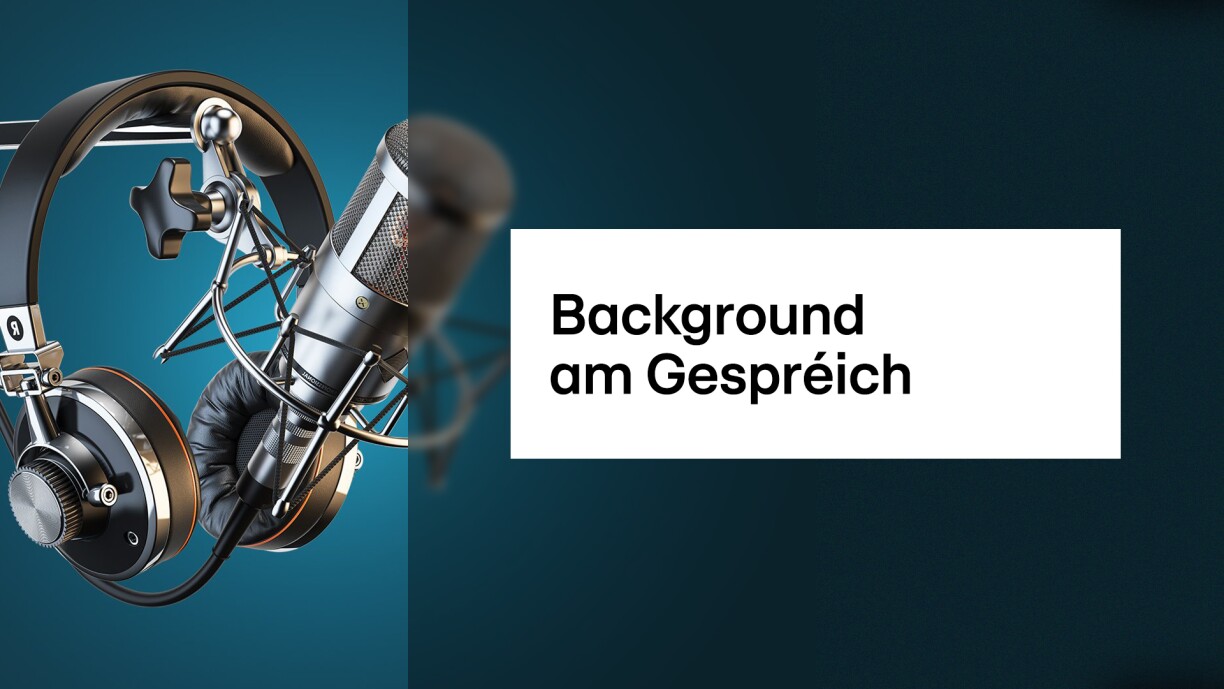
Eric Thill has been Minister of Culture for nine months, but the walls in his office remain quite bare. Thill revealed on Saturday that the reason is that he decided to launch a competition inviting Luxembourg artists to propose works for display.
At 30, Thill is the youngest minister in the Frieden-Bettel government. Despite this, he does not want his age to define him, nor does he feel it is an issue within the government, although it is a topic often brought up by others. Thill said he takes these comments in his stride.
Sports play a significant role in Thill’s private life. While he admits he is not ‘the most musical person,’ he emphasised his interest in culture, which he believes has gone unnoticed until now.
In his initial months, Thill focused on familiarising himself with various cultural stakeholders by touring the sector.
His first concrete proposal is the establishment of a Culture Observatory, as outlined in the Cultural Development Plan. This institution would collect and disseminate cultural information, accessible to both the ministry and the public, highlighting the value of culture.
Thill argued that cultural value can be quantified. For example, a person attending a concert in Luxembourg might also book a hotel room and dine out, contributing to the economy. However, he clarified that the goal is not to compare the success of different cultural sectors against each other.
Minister Thill aims to make culture more accessible to everyone, including through the decentralisation of cultural offerings. He suggested a cultural pact between municipalities and the state to provide professional support for local initiatives.
Thill plans to complete the Cultural Development Plan 1.0, initiated by Guy Arendt and Xavier Bettel, by 2028. He refrained from discussing priorities for a potential Cultural Development Plan 2.0, stating that an analysis of the first plan is necessary before moving forward.
Engaging young people with culture is another of Thill’s political priorities. He emphasised the importance of considering the multilingual nature of Luxembourg’s society. The Ministry of Culture collaborates closely with the Ministry of Education in this regard.
Thill highlighted efforts already made to enhance cultural accessibility, citing the ‘Cultur’all’ culture pass as a concrete example.
He stressed the importance of children encountering culture in school, but did not disclose specific future plans, preferring to wait for discussions with the Ministry of Education.
Regarding the Luxembourgish language, Thill described it as ‘a living heritage’ and advocated for making it easier to learn, potentially through digital resources. He also suggested increasing the language’s visibility in public spaces.
When asked whether Luxembourgish should become an official EU language, Eric Thill introduced the idea of a ‘Luxembourg model.’ This would involve Luxembourgish being recognised as an official language, but without the requirement to translate all official documents into Luxembourgish.
As for the Luxembourg Film Fund, Thill announced plans to harmonise its governance with other public institutions.